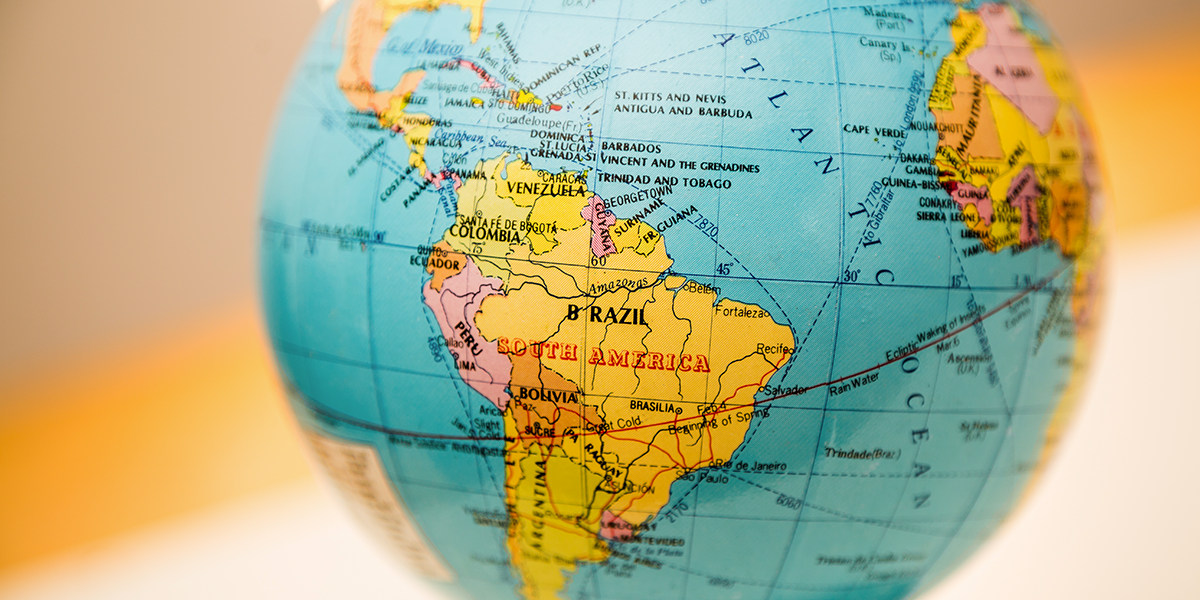Something we take seriously at Horizon Engage is to block out the noise. And noise there is plenty these days in Latin America, especially at the presidential level.
The assault by Ecuadorian security forces on the Mexican Embassy in Quito on 5 April was a dramatic escalation that followed high-level insults between the leaders of the two countries, something that is becoming usual in the region, driven by deep ideological divides but also by personal differences.
Only recently:
- Argentina’s Javier Milei called Colombia’s Gustavo Petro “a communist murderer.”
- Petro compared Milei to Hitler.
- Venezuela’s Nicolas Maduro said that Uruguay’s Luis Lacalle Pou was “an accomplice to genocide” in the Middle East.
- Brazil’s Lula said Chile’s Gabriel Boric was “a thirsty and hurried young man.”
- Milei, again, called Mexico’s Andres Lopez Obrador “ignorant.”
And so on.
Not the Right Time for Regional Integration
It seems clear this is not the right time for regional integration, compared to the first decade of the 21st century, when the region shifted to the left to the tune of the “Pink Tide” of the Venezuela of Hugo Chavez, along with the Kirchners in Argentina and Lula Season 1 in Brazil; or the second decade, when it moved right with Macri in Argentina, Peña Nieto in Mexico and eventually Bolsonaro in Brazil.
Now, there seems to be no ideological pattern but rather a patchwork of soloists who are too preoccupied with internal issues to care about diplomatic subtleties.
Beyond all this noise, those domestic agendas systematically include resource development as a key driver of economic growth. From the Gulf of Mexico to Vaca Muerta, Guyana, offshore Brazil and Uruguay, Latin America is trying to pump as much oil and gas as possible, as quickly as possible, before the energy transition fully sets in — and also getting ready for it.
5 Reason for Cautious Optimism
- Mexico renewal. No matter who wins the presidency on 2 June, the two top candidates, Claudia Sheinbaum and Xochitl Galvez, will seek to sustain the production of hydrocarbons AND speed up the energy transition.
- Venezuelan election is a beginning, not an end. Caracas will juggle sanctions and electoral fraud in the 25 July presidential contest. Contrary to conventional wisdom, the vote might mark a starting point rather than the end of talks between the Maduro regime and the opposition.
- Brazil mediates. Lula needs the region to stay in one piece — or at least look like it — to help his plans of emerging as a global leader (G20 in 2024, BRICS and COP30 in 2025). His work to thaw the conflict between Venezuela and Guyana is testimony to that.
- Vaca Muerta kicking. In his first months in office, the libertarian Javier Milei is concentrating on rearranging Argentina’s disorganized macroeconomics. If he succeeds, Vaca Muerta will be more alive than ever, and YPF might meet its goal of quadrupling its output.
- Help wanted. Latin America needs to at least double its investment in energy in the coming years to make real progress in the energy transition agenda. This will not happen without a robust contribution from investors from outside the region.
Interested in learning about investment opportunities in Latin America?
Please provide your email below to receive more of our analysis.
About Horizon Engage
Horizon Engage provides country-level analysis on political, social and environmental issues that impact the investment climate for foreign direct investors. We’re changing the game for our clients by merging tech and geopolitical expertise in a whole new way. Let us be your eyes and ears so you can make decisions with confidence. Learn what we do.



